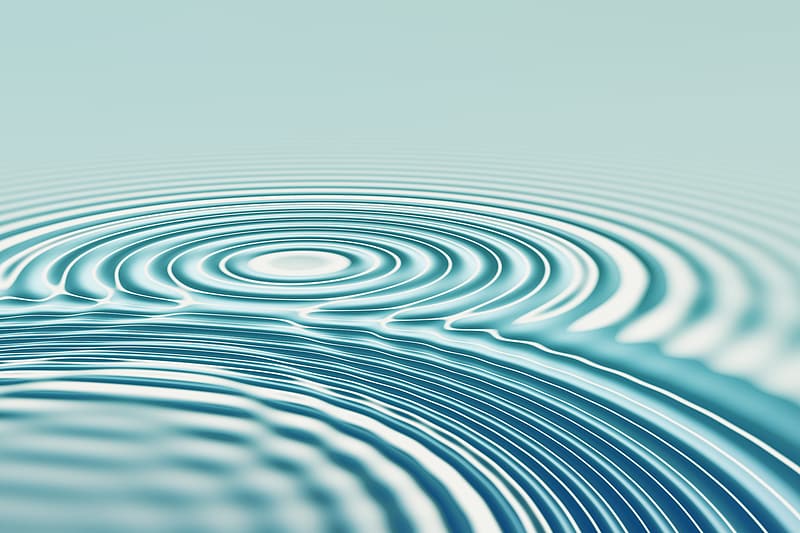Smart Water business intelligence week 06/03/2023

Market
For several months, the journalists of the “Forever Pollution Project” collected and aggregated thousands of data, in order to establish the first map of the contamination in Europe of these extremely toxic and persistent substances (PFAS):
Polluants éternels : comment le journal le Monde a suivi la trace des PFAS à travers l’Europe
Technology
Having safe drinking water is vital for public health, but traditional methods of disinfection cause their own environmental problems. Chlorine is cheap and easy to use in centralized water systems, but at the expense of harmful chemical byproducts. Georgia Institute of Technology researchers have found a way to use small electric shocks to disinfect water, reducing energy consumption, costs and environmental impact. The technology could be integrated into the electricity grid or even powered by batteries:
New Ultrafast Water Disinfection Method Is More Environmentally Friendly
Regulation
Christophe Béchu specifies that from Monday February 27, a point will be organized with the prefects of the departments to “take ‘soft’ measures of restrictions” of water “from the month of March”. The minister wants to “anticipate, to avoid finding yourself in a catastrophic situation in July when it is the driest winter in France since 1959:
Financing
20 multinational projects will receive more than €117 million to contribute to the objectives of the EU mission “Restore our oceans and waters”: protect and restore biodiversity, reduce pollution, support a sustainable blue economy. The projects bring together 297 partners from 39 countries, including most EU Member States. Funding comes from Horizon Europe, the EU’s research and innovation programme:
EU provides over €117 million for water and ocean restoration projects

